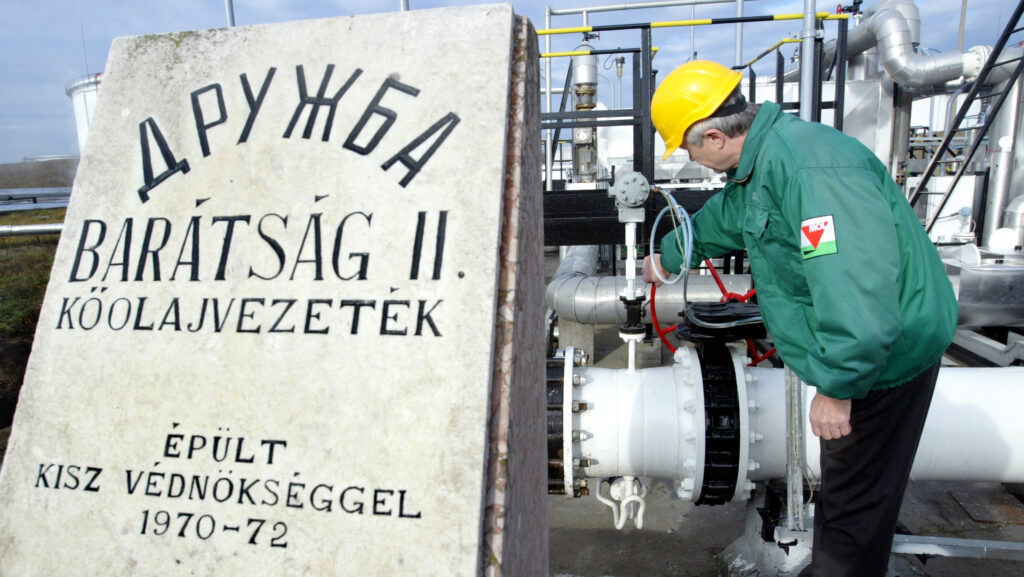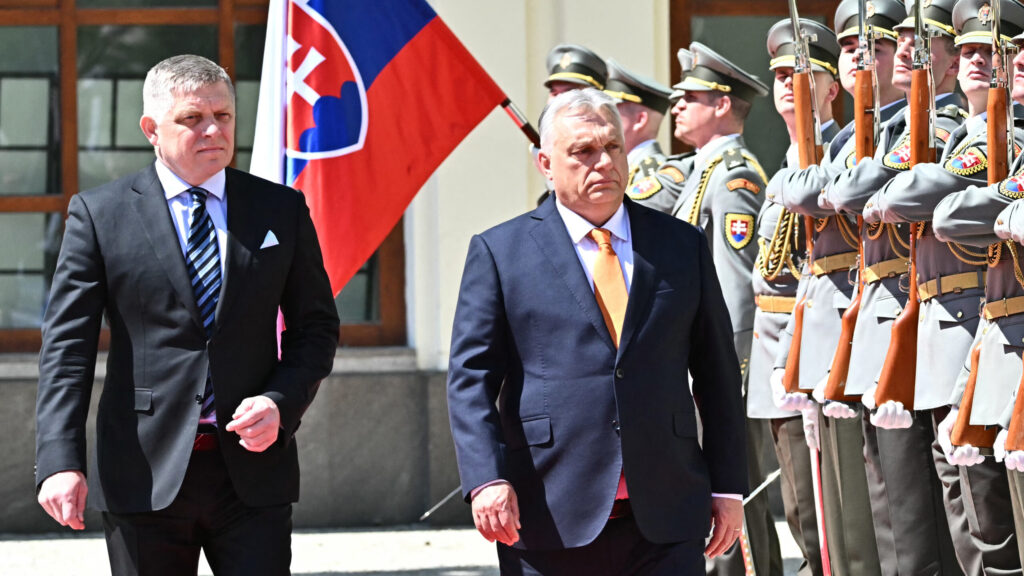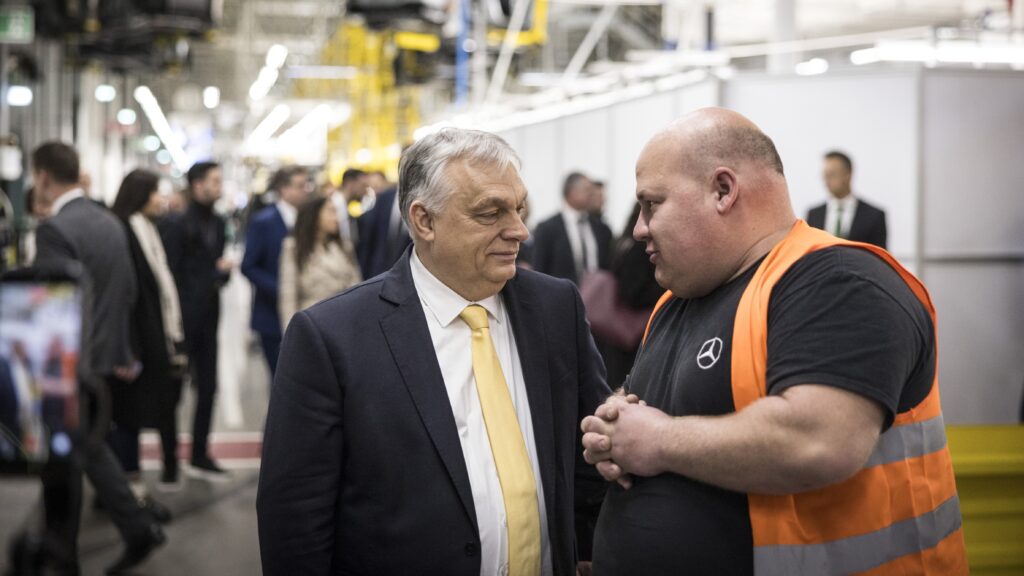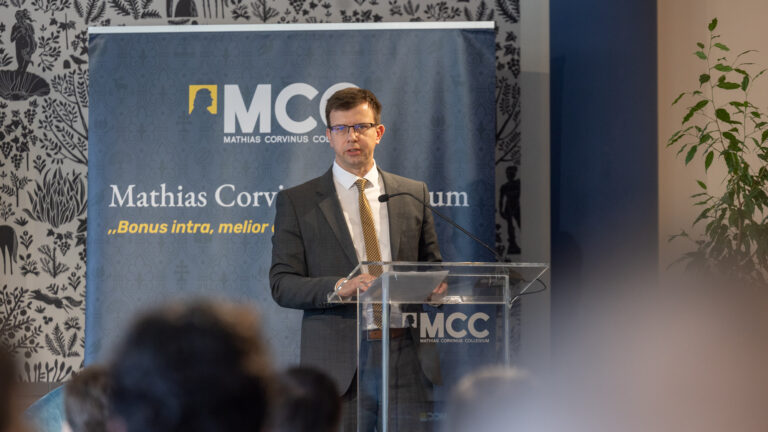In the last few decades, Hungarian–Qatari relations have strengthened significantly in economic cooperation, playing a crucial role as peace brokers in global conflicts, combating terrorism and illegal migration, and advocating against religious persecution.
During the Iran–Israel war, Minister of Foreign Affairs and Trade Péter Szijjártó also declared Hungary’s support of Qatar’s sovereignty and the right of Qataris to a peaceful existence. The shared worldview has laid the groundwork for a mutually beneficial alliance, built on respect for national sovereignty, strategic economic collaboration, and a shared vision for global peace and stability.
A History of Deepening Ties
Hungary’s deepening relationship with Qatar exemplifies a strategic approach to foreign policy that prioritizes mutual respect, economic pragmatism, and sovereignty.
‘Hungary’s foreign policy toward Qatar has long reflected a desire for pragmatic and respectful engagement’
Diplomatic relations between Hungary and Qatar were formally established in 1990, but it was the historic 2002 visit of His Highness Father Amir Sheikh Hamad Bin Khalifa Al-Thani to Budapest that marked a turning point. Since then, the two nations have signed numerous bilateral agreements spanning air transport, energy cooperation, education, tourism, and political consultation.
Hungary’s foreign policy toward Qatar has long reflected a desire for pragmatic and respectful engagement. Even prior to 2010, Prime Minister Viktor Orbán’s participation in the 8th Doha Forum on Democracy, Development, and Free Trade signalled the beginning of a deeper relationship. In 2012 both countries signed a key agreement to avoid double taxation, followed by an energy cooperation declaration in 2013 and a series of technical, economic, and business agreements. The 2011 launch of direct flights between Budapest and Doha by Qatar Airways further facilitated economic and cultural exchange.
Strategic Economic Cooperation
Hungary’s engagement with Qatar has taken on new importance in the wake of the Russo–Ukrainian war. Prime Minister Orbán noted that Qatar’s liquefied natural gas (LNG) has partially replaced the shortfall of Russian gas in the European economy. During his 2023 visit to the Qatar Economic Forum, the Prime Minister announced Hungary’s intention to begin purchasing LNG from Qatar. This was not intended to replace existing energy partners, but rather to diversify Hungary’s energy sources. Qatar will start delivering LNG to Hungary in 2026.
Economic collaboration has since expanded to other sectors. In 2023 Foreign Minister Szijjártó and his Qatari counterpart Sheikh Mohammed bin Abdulrahman bin Jassim Al Thani signed agreements encompassing energy, agriculture, water management, and diplomatic training. Minister Szijjártó remarked: ‘Hungary and Qatar know well the pressure a patriotic government focused on national interests can face.’ Both governments believe in a dialogue based on mutual respect and have built their foreign policy on that principle, he said.
Qatar’s National Development Strategy for 2024–2030, which highlights investment opportunities in manufacturing, logistics, IT, finance, healthcare, and education, presents further opportunities for Hungarian businesses.
Hungary and Qatar: The Peace Brokers
Hungary and Qatar have consistently advocated for peaceful resolutions to global conflicts. During the 2024 visit of Qatar’s Prime Minister to Budapest, Minister Szijjártó reaffirmed that both nations share a commitment to diplomacy over warfare: ‘We agree that armed conflicts should be settled as soon as possible, and peace should be achieved through negotiations and diplomacy.’
Throughout the ongoing war in Ukraine, Hungary and Qatar have maintained their commitment to peaceful negotiation. In 2023, Szijjártó underscored that both countries are ‘pro-peace’, emphasizing dialogue as the only viable path to stability. He praised Qatar’s active role in global peace efforts, including its participation in UN-led mediation efforts. He noted that Budapest ‘will strengthen cooperation within the UN, supporting Qatar’s nominations and counting on the same for Hungary in important international organisations.’
‘We agree that armed conflicts should be settled as soon as possible, and peace should be achieved through negotiations and diplomacy’
Qatar has also played a vital role in the Middle East, particularly during the Hamas–Israel war. Foreign Minister Szijjártó acknowledged Qatar’s successful mediation in securing the release of Israeli hostages with Hungarian connections, stating: ‘My friend Soltan has assured me that Qatar will carry on with its efforts in the interest of a ceasefire and in securing the release of the hostages.’
As the conflict expanded with attacks on commercial vessels and American military bases, Szijjártó emphasized Qatar’s stabilising role in the region, calling it both responsible and influential.
Eliminating Religious Persecution
During Sheikh Mohammed bin Abdulrahman Al Thani’s 2024 visit to Budapest, both nations reiterated their commitment to combating religious persecution. ‘As a thousand-year-old Christian state, we have always felt a deep responsibility for Christian communities around the world, particularly those facing hardship or persecution,’ said Minister Szijjártó.
This shared stance reflects a broader moral alignment between the two governments, both of which defend traditional values and freedom of belief.
Combating Terrorism and Illegal Migration
Hungary and Qatar are also meant to be partners in the fight against terrorism and illegal migration. Minister Szijjártó praised Qatar’s role in these areas, stating: ‘Everyone fighting terrorism contributes to reining in migration waves. We Hungarians have faced this challenge for many years, and we are grateful to Qatar for helping reduce the migration pressure on Hungary by combating terrorism at its roots.’
Speaker of the National Assembly László Kövér summarized the essence of Hungarian–Qatari relations, saying both countries are ‘strong, independent nations rooted in a respect for their traditions, that proudly stand up for their values and protect their sovereignty.’
Related articles:







